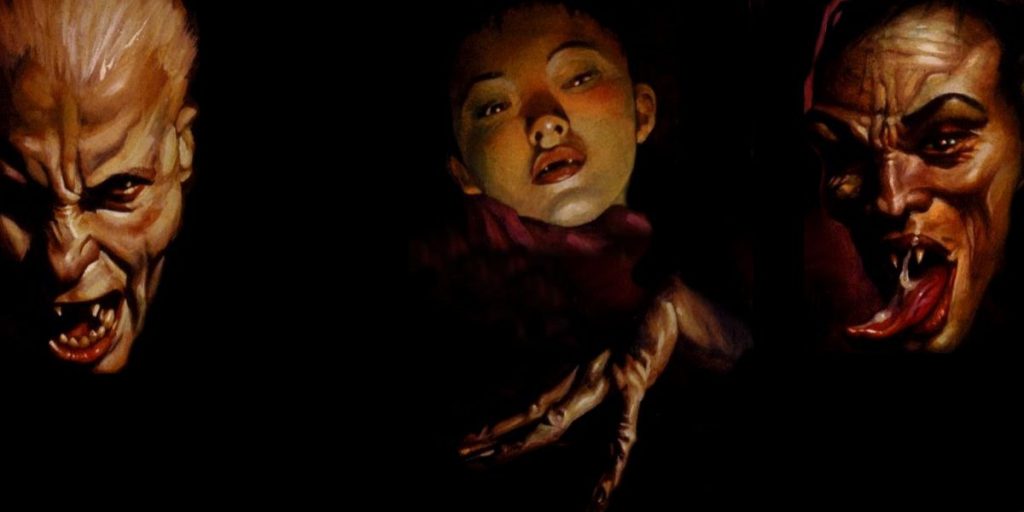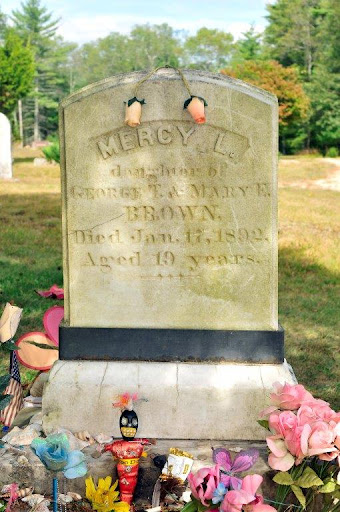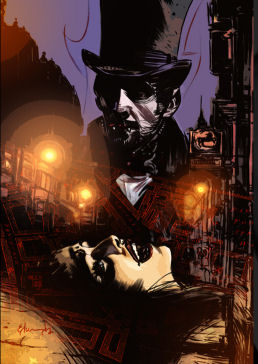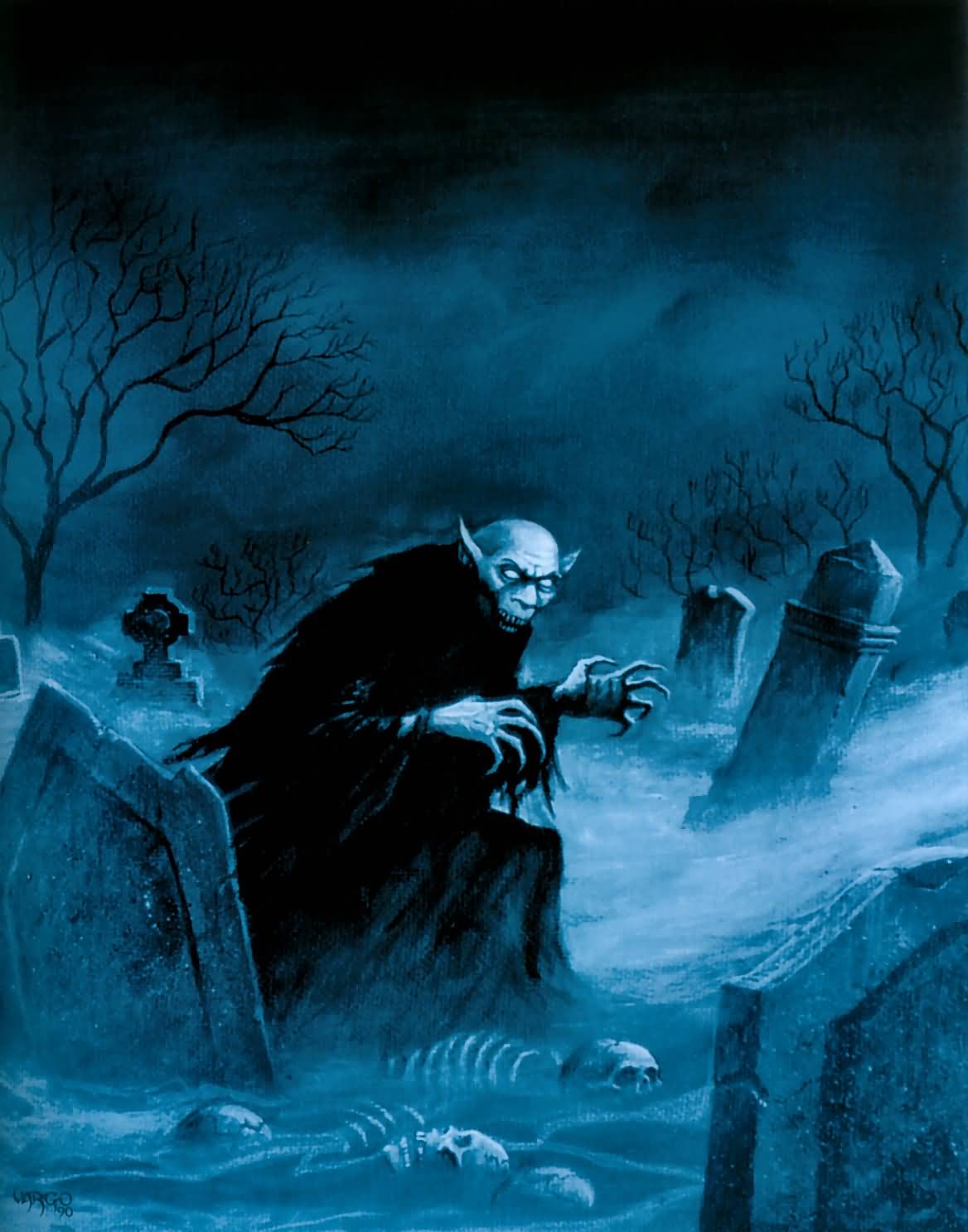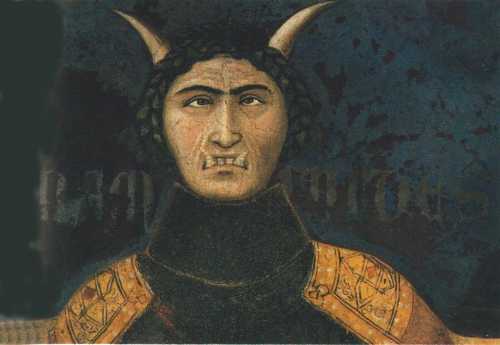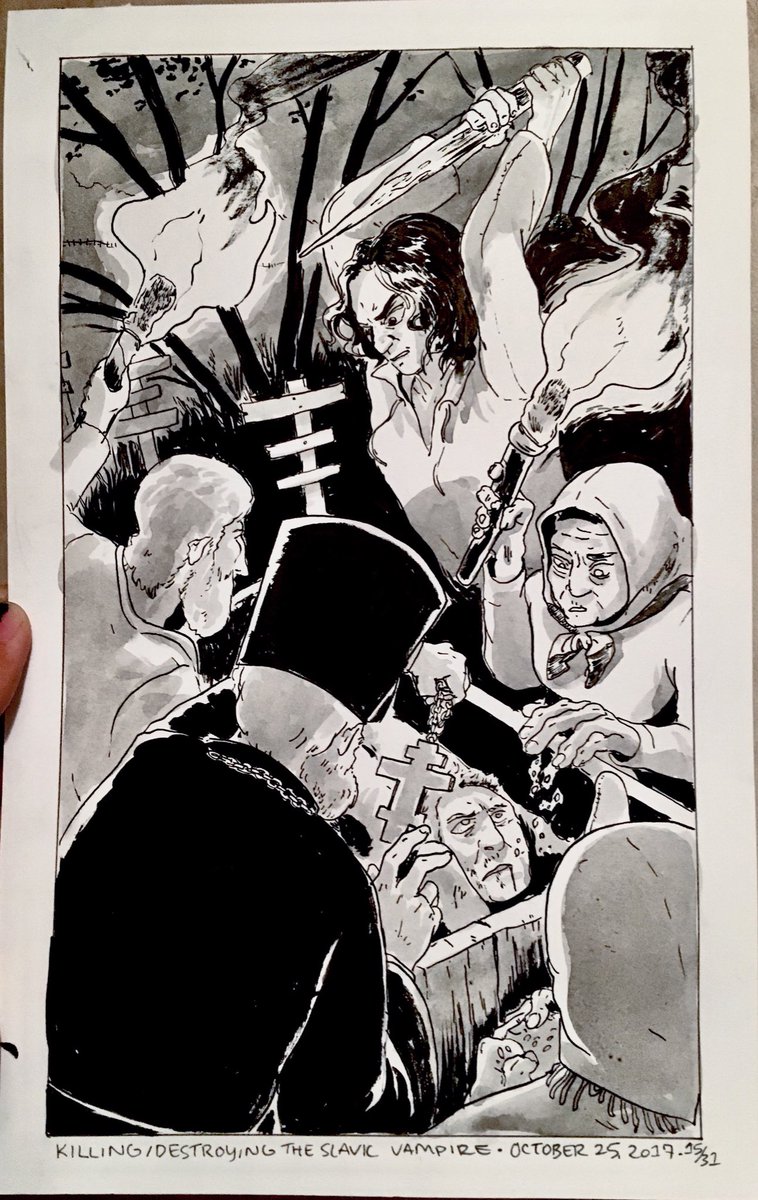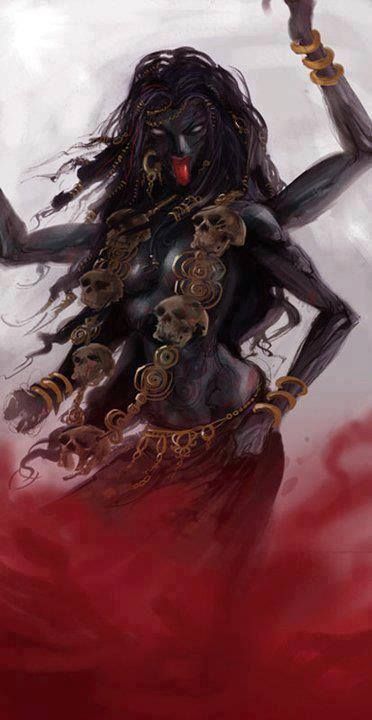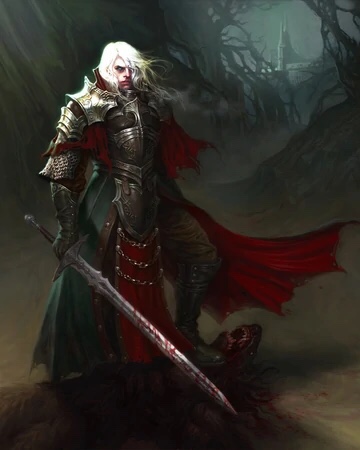Consumption in America
During the late 18th and 19th centuries the belief in vampires was widespread in parts of New England, particularly in Rhode Island and Eastern Connecticut. Rhode Island had the dubious distinction of being named the Transylvania of America. In New England, “vampirism” thrived outside the Puritan communities. 20 cases of vampire folklore were chronicled throughout … Read more

